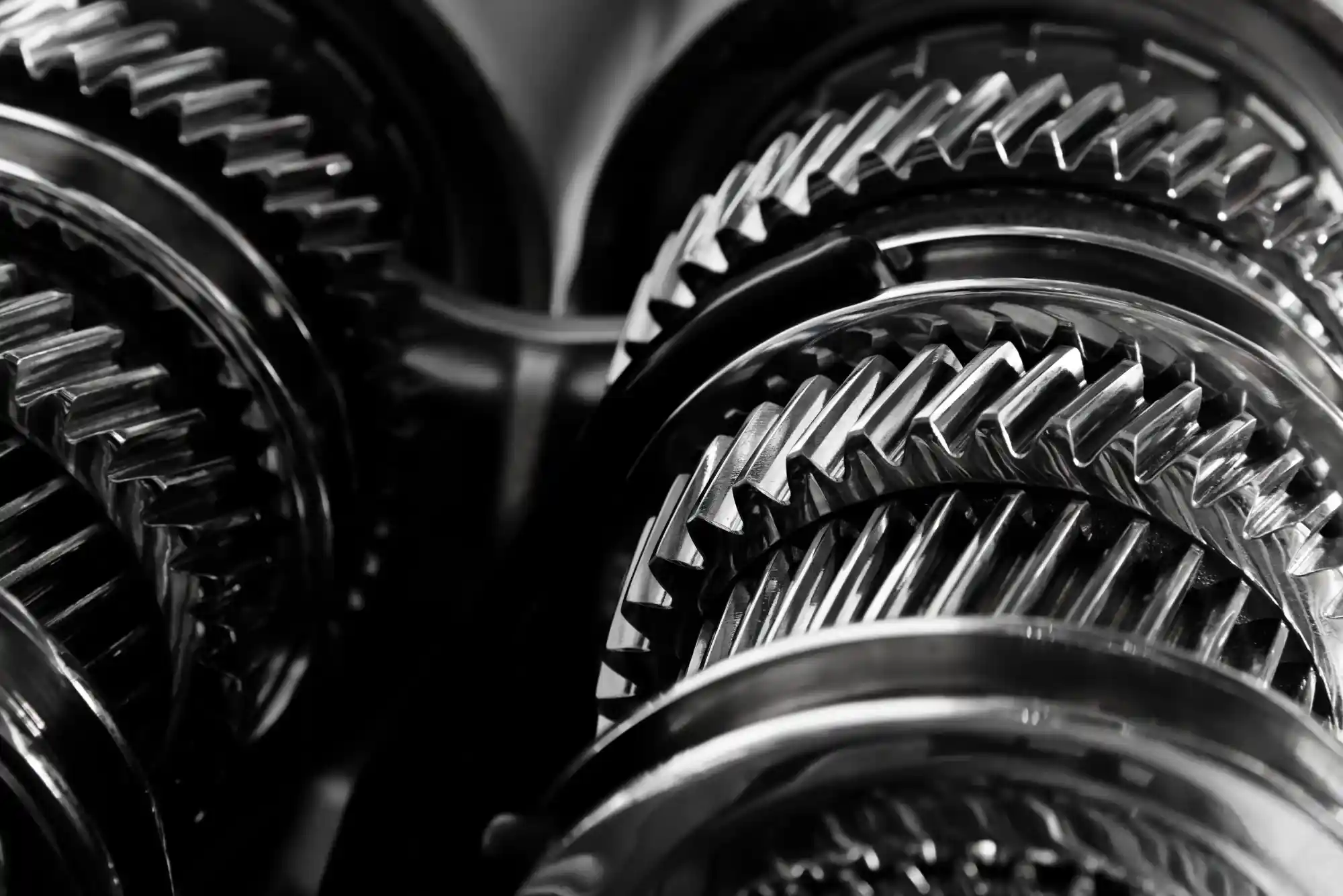If you’ve ever driven a car, you know how important the gearbox is. It’s one of those parts that keeps your vehicle running smoothly. But what happens when your gearbox starts slipping? You might notice strange noises, difficulty shifting gears, or even a burning smell. These are all signs that something isn’t right. In this article, we’ll explore what it means when your gearbox slips, why it happens, and what you can do to fix it. Whether you drive a Germanic car or any other make, understanding these issues can save you time, money, and stress.
What Does It Mean When Your Gearbox Slips?
When we say a gearbox is “slipping,” it means the transmission isn’t engaging properly. Instead of smoothly shifting into gear, the engine might rev higher than usual without actually moving the car forward. This can happen in both manual and automatic vehicles. For example, if you’re driving an automatic car and press the accelerator, but the car hesitates before moving, that’s a sign of slippage. Similarly, in a manual car, you might struggle to shift gears or feel grinding sensations.
Gearbox slippage can be alarming because it affects your car’s performance and safety. If left unchecked, it could lead to costly repairs or even complete transmission failure. So, let’s dive deeper into the possible causes of this problem.
Common Causes of Gearbox Slipping
1. Low Transmission Fluid
Transmission fluid is like the lifeblood of your gearbox. It lubricates the moving parts and helps transfer power from the engine to the wheels. Over time, this fluid can leak or become dirty, leading to poor performance. If your gearbox is slipping, the first thing you should check is the fluid level. Make sure it’s at the recommended level and clean. Dirty or old fluid can cause problems, especially in high-performance cars. This is true for Germanic brands, which are known for their precise engineering.
2. Worn-Out Clutch (Manual Cars)
In manual cars, the clutch plays a crucial role in transferring power from the engine to the wheels. A worn-out clutch can cause slipping, making it hard to change gears. If you frequently ride the clutch or drive aggressively, this part will wear out faster. Replacing the clutch is often necessary to restore smooth operation.
3. Damaged Torque Converter (Automatic Cars)
For automatic cars, the torque converter acts as the link between the engine and the transmission. If it gets damaged, it can cause slippage. Symptoms include delayed acceleration and unusual noises. You can fix the problem by repairing or replacing the torque converter. However, it might cost a lot, depending on your car model.
4. Faulty Solenoids
Modern cars use solenoids to control the flow of transmission fluid. If these electronic components malfunction, they can disrupt the shifting process, causing slippage. Diagnosing solenoid problems requires professional tools, so it’s best to visit a mechanic if you suspect this issue.
5. Overheating
Overheating is another common culprit behind gearbox slippage. When the transmission overheats, the fluid loses its ability to function effectively. This is especially true for cars that tow heavy loads or drive in tough conditions. Installing an auxiliary cooler can help prevent overheating in the future.
Signs Your Gearbox Is Slipping
How do you know if your gearbox is slipping? Look out for these warning signs:
- Delayed Response: The car takes longer than usual to respond when you press the accelerator.
- Unusual Noises: Grinding, whining, or clunking sounds during gear changes.
- Burning Smell: A burnt odor coming from under the hood could indicate overheated transmission fluid.
- Check Engine Light: Modern cars have sensors that detect transmission issues. If the check engine light comes on, don’t ignore it.
- Difficulty Shifting Gears:
- Struggling to shift gears manually.
- Feeling resistance in an automatic car.
If you notice any of these symptoms, it’s essential to address them promptly. Ignoring gearbox problems can lead to more severe damage down the line.
How to Fix a Slipping Gearbox
Fixing a slipping gearbox depends on the root cause. Here are some steps you can take:
1. Check the Transmission Fluid
Start by checking the transmission fluid. Open the hood, locate the dipstick (if your car has one), and inspect the fluid’s color and consistency. Healthy fluid should be bright red and free of debris. If it’s dark or smells burnt, it needs replacement. Check your owner’s manual for instructions that apply to your vehicle. This includes Germanic models, which may need special fluids.
2. Replace Worn Parts
Depending on the diagnosis, you may need to replace worn parts like the clutch, torque converter, or solenoids. While some repairs can be DIY-friendly, others require professional expertise. Always weigh the cost of repair against the value of your car before proceeding.
3. Flush the Transmission System
A transmission flush removes old fluid and replaces it with fresh fluid. This process can improve performance and extend the life of your gearbox. However, not all cars benefit from a full flush, so consult your mechanic first.
4. Upgrade Cooling Systems
If overheating is the issue, consider upgrading your cooling system. An auxiliary cooler can keep the transmission fluid at optimal temperatures, reducing the risk of slippage.
Preventive Maintenance Tips
Prevention is always better than cure. To avoid gearbox slippage, follow these maintenance tips:
- Regular Inspections: Schedule regular check-ups with your mechanic to catch potential issues early.
- Use Quality Fluids: Always use manufacturer-recommended fluids, especially for high-end Germanic cars.
- Drive Responsibly: Avoid aggressive driving habits that put extra strain on the transmission.
- Keep It Cool: Ensure your car’s cooling system is functioning properly, especially in hot climates.
Conclusion
A slipping gearbox is a serious issue that shouldn’t be ignored. No matter if you have a dependable sedan or a fancy sports car, caring for your transmission is key for lasting performance. By understanding the causes and symptoms of gearbox slippage, you can take proactive steps to protect your vehicle. Regular maintenance, quick repairs, and good driving habits help prevent costly breakdowns.


